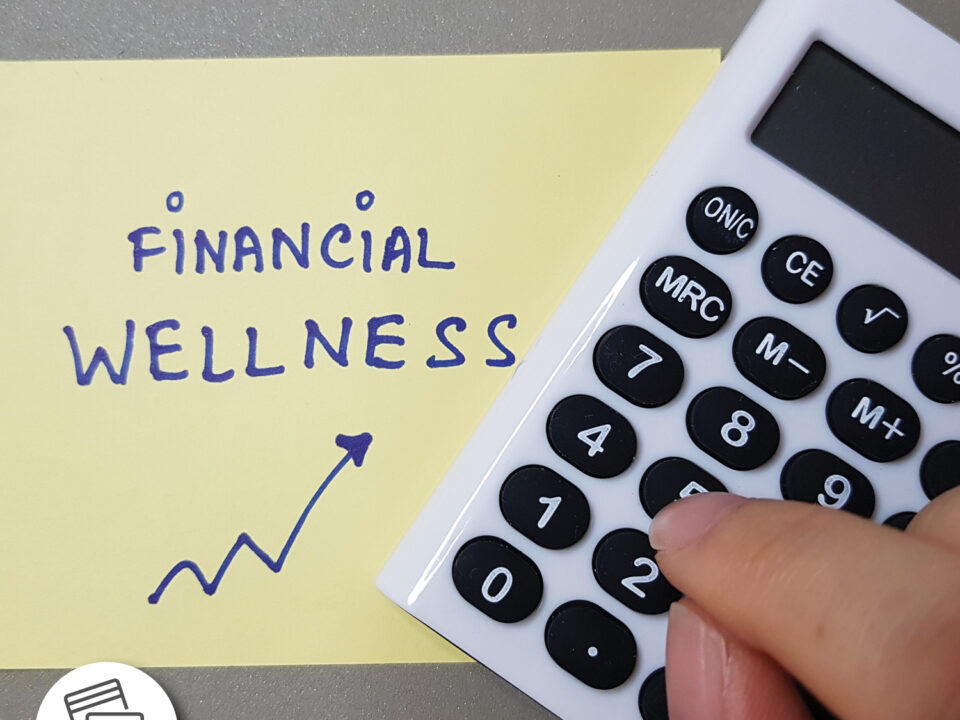
Step 7 – To Gain Financial Stability
June 28, 2024
Step 9 – To Gain Financial Stability
August 27, 2024Now that you know how to spend mindfully, pay it forward, and regularly set aside money for savings, you’re ready to learn how to indulge in the occasional expensive treat–responsibly.
Many people equate financial health with a life of deprivation, but this is far from the truth. In fact, living a life of true financial wellness means being happy with a lifestyle that is within your means, but does not leave you feeling like you are lacking. Like an overly restrictive diet, an overly tight budget is more likely to become broken.
On the flip side, financial stability means spending your money wisely and learning how to treat yourself for less – or for free. It means money choices are governed by discipline, and not by emotion. And sometimes, it means telling yourself no.
How, then, do you strike a balance between the two?
Here’s how to indulge responsibly.
• Live with a budget
The first step to financial stability is knowing where your money is going and how much you actually have to spend. The best way to always have this information is to create and stick to a budget.
If you’ve been following all the steps to financial stability until this point, you’ve already developed and live with a budget. So, you know how to stick to it. Let’s take a quick review of this crucial money management tool.
Create your budget by tracking your spending for three months. Make a list of all your expenses, including fixed, non–fixed and discretionary expenses, and list your income in a parallel column. Tally up your totals and assign a realistic dollar amount to each expense. Going forward, be sure to only spend within the allocated amount for each expense category each month.
• Leave room in your budget for “just for fun” purchases
As you work on building and sticking to a budget, be sure to leave room in your spending plan for the occasional treat. The exact amount will vary by income level, lifestyle and personal choice. However, choose an amount you can easily afford without feeling deprived.
To ensure you don’t overspend in this area, you can borrow an idea from the money–envelope system and withdraw the designated amount from your checking account at the beginning of the month. Place this cash in an envelope, and use it as necessary. When the money is gone, so is your “allowance” for pricey treats this month.
It’s important to note that the indulgences referenced here are spontaneous buys, or small purchases that aren’t part of your normal budget. Large purchases you have planned for and saved toward for months, or even years, are in an entirely different category.
• Review your savings
Before giving yourself permission to indulge, make sure you are setting aside a percentage of your monthly income to savings. Savings should be an item line on your budget, with short–term savings like an emergency fund in a savings account, holding enough to keep you afloat for 3–6 months if you have no source of income. Long–term savings should be sufficient to support your retirement and any long– term savings goal you may have, like saving for a house or a luxury vacation.
• Choose your “treats”
Everyone’s got their personal vices and their guilty indulgences. Take a look at where your non– discretionary money went during the last month or two. Highlight the more expensive impulse buys and hold them up to these questions:
- Did this purchase bring me happiness or positive energy the day I bought it? Did that feeling last until the next day? The next week?
- Did this impulse buy blow my budget?
- Does thinking about this purchase now fill me with joy, guilt or something else?
- If I found myself in the same circumstances today, would I make that purchase again?
Here, too, the answers to these questions will depend on your personal set of circumstances and lifestyle. Use the insight you’ve learned about your indulgences to help you make better money choices in the future.
• Lose the guilt
Once you’ve decided how much you want to spend each month on indulgences you can afford, it’s time to let go of the guilt. If you’re spending responsibly and you’ve already fed your savings as well as your future, there’s no need to eat yourself up over an impulse buy you could have done without. As long as you’re keeping these just-for-fun purchases within your budget, and your choices fill you with happiness or positive energy, you can still maintain your financial stability.




